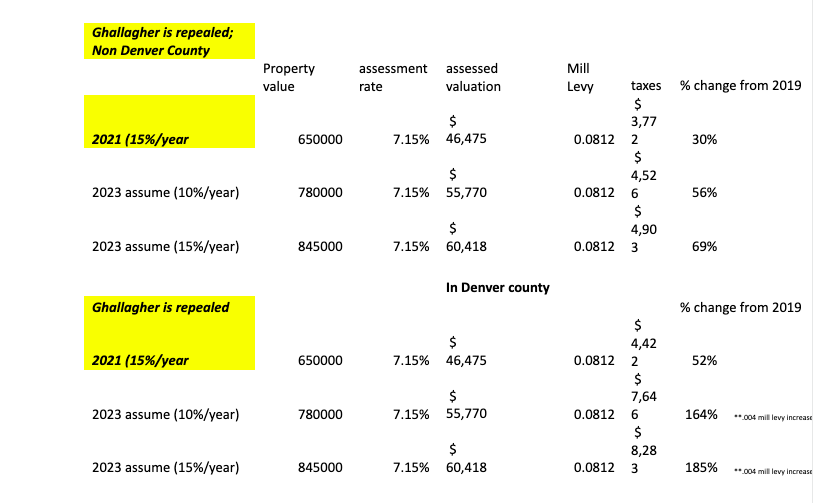Dan Larson is running for Wheat Ridge City Council to represent the residents and businesses in District 4. Dan is a former journalist and business communications pro. He now serves as president of his community HOA and as a member of the Wheat Ridge Planning Commission.
In this interview, Larson discusses some of the important issues facing Wheat Ridge and how these issues can be addressed through a positive approach and the highest concern for protecting public value.
ColoradoBiz: Why are you running for Wheat Ridge City Council?
Dan Larson: The city of Wheat Ridge is a remarkable city and a great place to live. Since announcing my candidacy in early September, I have been meeting with neighbors and the owners of local businesses. Neighborhoods are the backbone of our civic environment. They are made up of houses and apartments, but they are also made up of businesses and the businesspeople who work hard at providing the goods and services we all need while creating jobs and paying taxes. Protecting neighborhoods while upholding a vibrant business environment is one of the most important obligations a city government holds. I will work to protect our neighborhoods, foster a business climate beneficial to all, promote a responsible city government, and balance the pressing need for housing with the very real impact development can have on a neighborhood.
CB: Housing availability is an issue across Colorado. What would you do to address this issue in Wheat Ridge?
DL: The housing market in Wheat Ridge remains strong. To protect the character of our neighborhoods, the city revised its standards for building height, setbacks and appearance to prevent overshadows and slot homes that are just out-of-place. As a member of City Council, I will protect our established neighborhoods while identifying appropriate areas for new development, including multifamily homes.
CB: Is crime and criminal activity an issue in Wheat Ridge?
DL: Crime and criminal activity in any part of our community affects us all. That’s why I support vigorous enforcement of our laws by the police department. The City of Wheat Ridge, like many along the Front Range, has seen an increase in property crime over the past three years. However, serious criminal activity in our city is not rampant. Theft remains the leading type of crime reported while other types of serious crime remain flat. The rate of serious crime in Wheat Ridge is actually lower than in cities of similar size. An area of concern is retail theft, much of which is organized and lucrative. I will work with store management and our police to identify solutions. Retailers must have confidence in law enforcement’s ability to deter theft at their stores. I support providing our police department with sufficient funding to uphold its excellent performance and high standards.
CB: Do you support Initiative 2-J, an extension of a half-cent sales tax in Wheat Ridge?
DL: This initiative asks voters to extend the half-cent sales tax to fund additional capital improvement projects. A survey of residents showed strong support for extending the tax. Initially approved by voters six years ago, the half-cent sales tax provided capital improvements at Anderson Park, Clear Creek Crossing, the commuter rail station and roadwork on Wadsworth Blvd. If approved, the half-cent sales tax would end in 14 years and is capped at $75 million. Initiative 2-J also allocates funding to identify stormwater control and floodplain mitigation efforts. It is for this purpose, I support extension of the sales tax in Wheat Ridge.
CB: Are you concerned about permitting in Wheat Ridge?
DL: Over the past two years, we have seen published examples of the city’s handling of permit filings that have taken too long or made unreasonable requests. I support a review of the city’s permitting process with an eye on reducing delays. I want Wheat Ridge to be a place where new businesses can take root and existing businesses can thrive.
CB: How much longer will Wadsworth Blvd. be under construction?
DL: A major headache for anyone driving on this major arterial street, motorists can expect road work on Wadsworth to continue through Spring 2026.
More info: Dan Larson is a business communications consultant and writer with early career experience as a journalist, editor and publisher. He joined an oil major in Chicago as a communications professional working in the downstream and midstream segments, after which he relocated to Colorado as a company public affairs specialist. He later joined an energy company in Denver in a similar role before establishing Dan Larson Communications. Learn more at dan4districtiv.com.

